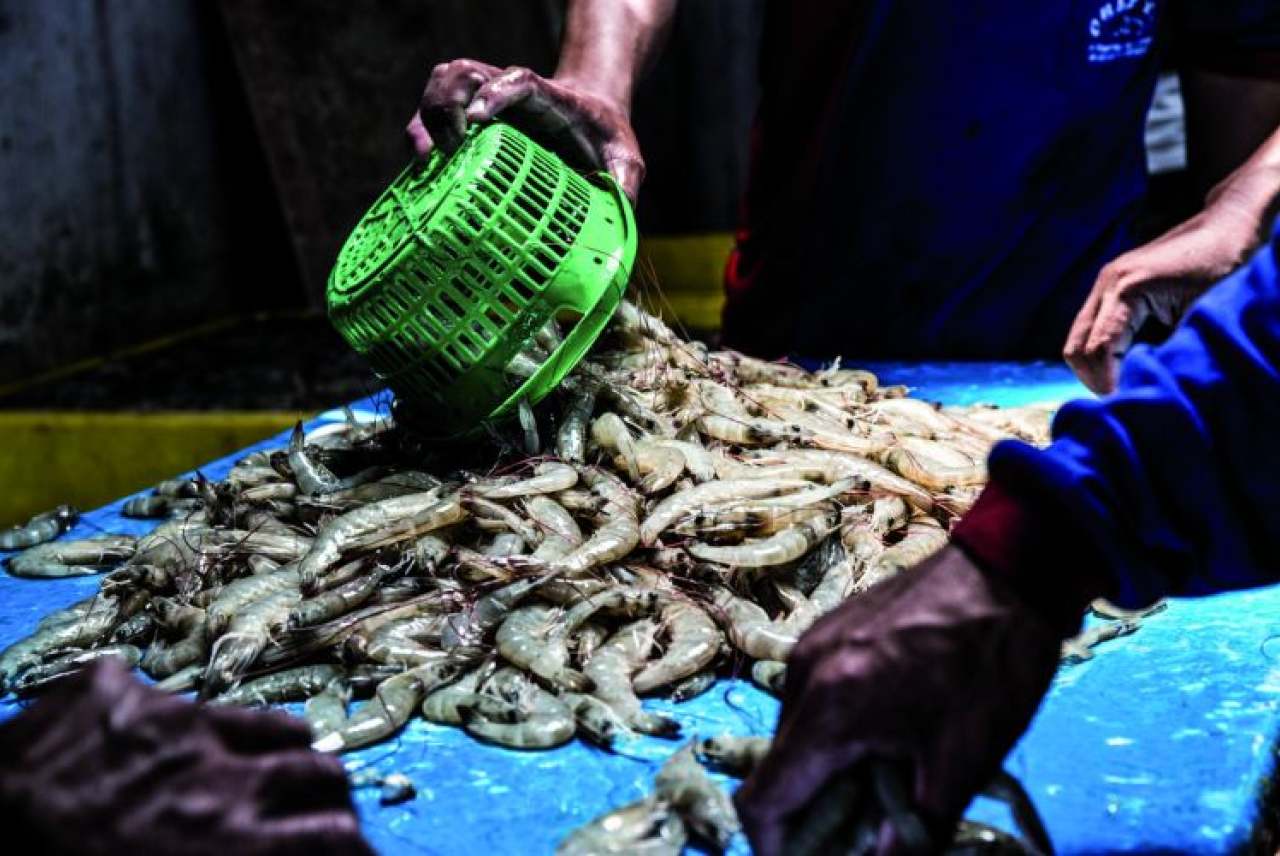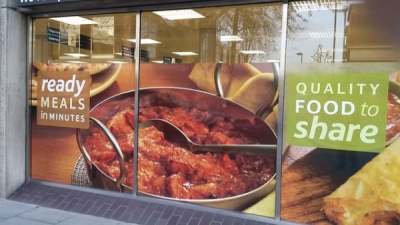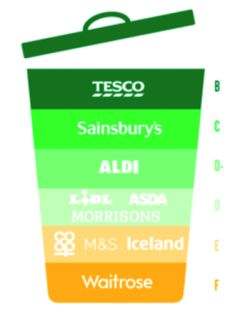Ready Meals – ready in minutes, but not ready for the future
Eating Better, an alliance of more than 50 organisations, surveyed 1,350 ready meals from UK supermarkets and found that not only was the availability of vegetarian/plant-based choices limited, but they were often sold at premium prices and, with meat dishes, the provenance was not always clear.
Meat was the main ingredient in 77% of the own-brand and branded ready meals from 10 retailers (Asda, Aldi, The Co-op, Iceland, Lidl, Marks & Spencer, Morrisons, Sainsbury’s, Tesco and Waitrose).







